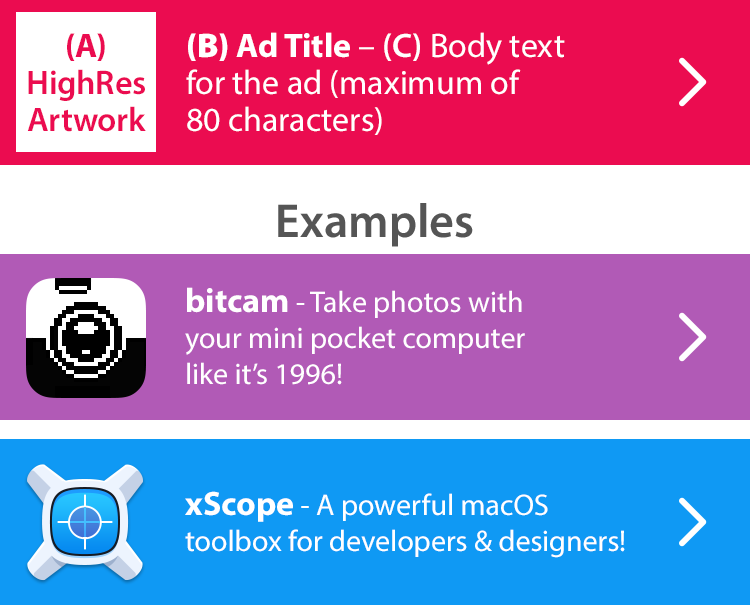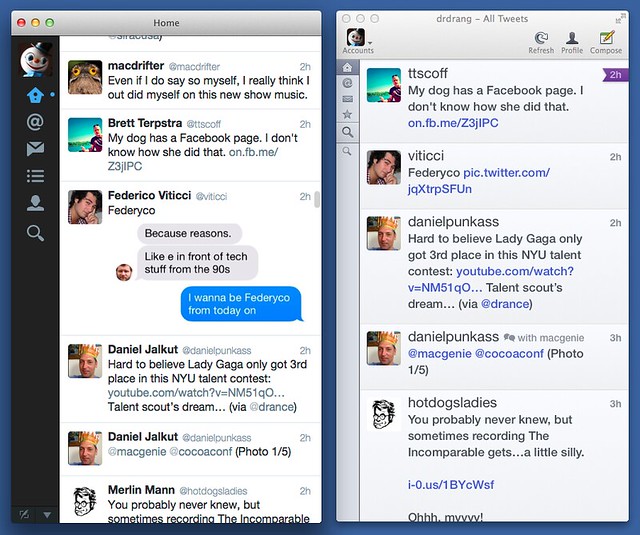


The ban represents a U-turn in Twitter’s treatment of third-party clients - the platform previously tolerated them. In a blog post, Twitterrific said that app’s “sudden and undignified demise” was brought about by an unannounced policy change from an “increasingly capricious Twitter”.

Does twitterrific show ads mac#
When asked about the change, Twitter said it was simply “enforcing long-standing API rules.” Twitter’s oldest third-party client, Twitterriffic, which came to iOS even before Twitter itself, was forced to pull its apps from the iOS and Mac app stores as well. Recently, Twitter updated its developer terms to outlaw third-party apps, breaking away from its long-held policy. Twitter’s embattled CEO Elon Musk may be busy in court, but that does not mean a pause in Twitter-related news. ‘End of an era’: Twitter bans third-party clients In our own deep-dive review of the Privacy Sandbox we argued that Topics would still allow Big Tech to profile users and, if anything, would only cement Google’s advertising monopoly. We have long argued that Google is up to no good with its Topics API. TAG is a special working group within the The World Wide Web Consortium, and includes the inventor of the Web Tim Berners-Lee. Google disagreed with the findings, insisting that Topics is a significant improvement over third-party cookies. The proposed alternative to third-party cookies appears to “maintain the status quo of inappropriate surveillance on the web,” TAG said, while recommending that Google not proceed with the technology. Moreover, the data is “gathered and sent behind the scenes,” while the user has no “fine-grained control” over what it reveals about them, the group said. In its review of Topics, TAG notes that the technology still allows the browser to share information about the user’s online behavior. The group took aim at one specific element of the proposal, the Topics API, envisioned as a replacement for third-party cookies. The W3C Technical Architecture Group (TAG) has concluded that it did not meet its stated goal of enabling targeted advertising and protecting users from tracking and profiling at the same time. Google’s much-discussed Privacy Sandbox initiative has been dealt a stinging blow. Google’s replacement for third-party cookies is put on blast In this edition of AdGuard’s Digest: Google comes under fire for its flawed attempt to reinvent ad targeting, Twitter makes a U-turn on third-party clients and criticizes its own ad policies, hackers continue to exploit search ads, while a telecoms giant runs into bad luck for the eighth time.


 0 kommentar(er)
0 kommentar(er)
